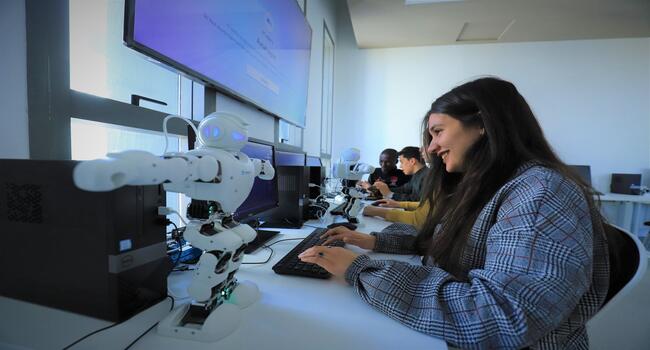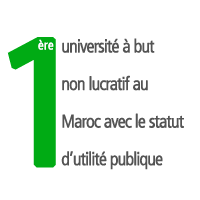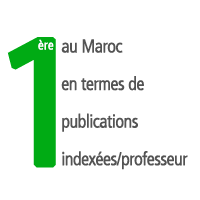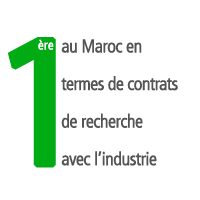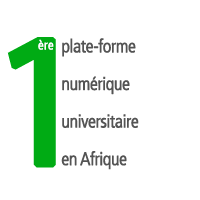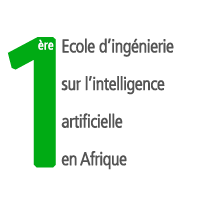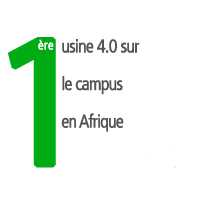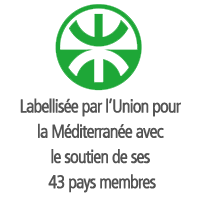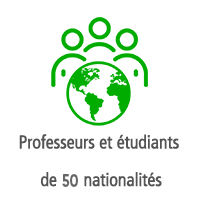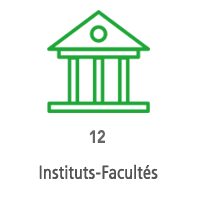Master in Digital Law
Master
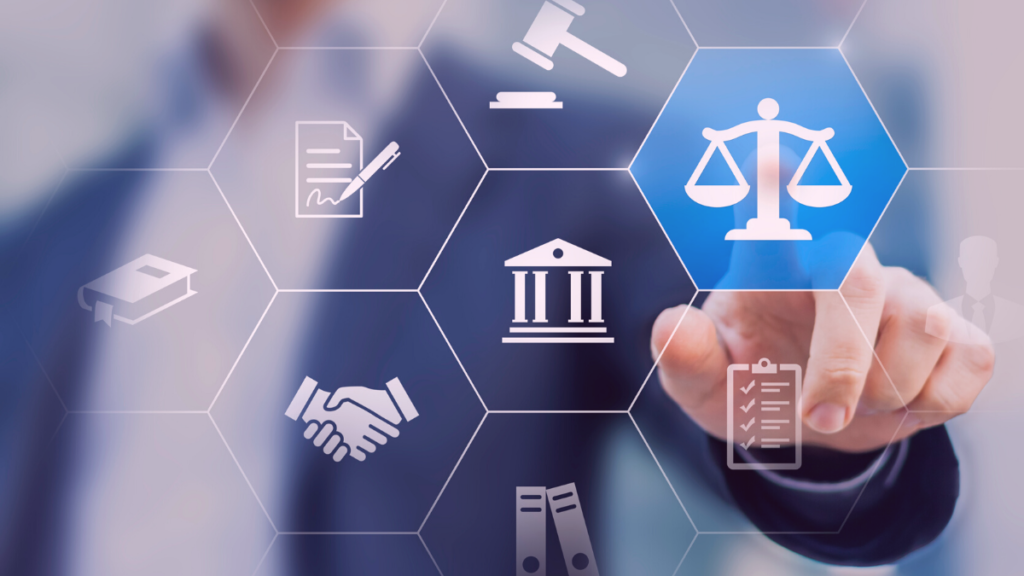
Diploma awarded
: Master in Digital LawDuration of studies
: 2 yearsCoordinator
: Pr. Abderrahmane HADDADSemester 1:
Intellectual property law
E-commerce law
Internet law
Advanced computing and web technology
Personal development
English
Semester 2:
Personal data protection law
Public communications law
Criminal law of communication activities
Security of computer systems
Professional organization methods
English
Semester 3:
Fundamental rights applied to ICT
Electronic public procurement law
Private international law applied to ICT
Digital economy
Entrepreneurship and project setup
English
Semester 4:
Internship and dissertation defense
The “Digital Law” master’s degree offers comprehensive training for jurists capable of handling questions raised by the development of information and communication technologies, in all areas of civil law (contract and liability law, law persons, property, etc.), business law (securities, banking activities, competition law, etc.) and intellectual property law.
It offers comprehensive and transversal training in relation to the legal aspects of intellectual property (copyright, trademark law, patent law, designs and models, appellations of origin) and digital technology (e-commerce, domain names , liability of hosts, protection of personal data, etc.).
Euromed Institute of Legal and Political Sciences
Students of the Master's in Digital Law will have the knowledge and skills enabling them to:
- to legally qualify the main technological innovations linked to digital technology, and to apply the different legal standards to them from a multidisciplinary perspective (data law, electronic commerce law, intellectual properties, audiovisual law, etc.).
- Understand the legal aspects of the problems raised by the development of information technologies and the Internet (right to data protection, electronic commerce law, intellectual property law, IT law in the workplace ).
- Control the legal risks incurred by the legal representative of an organization, the employer and the employees.
- Understand the means of protecting the computer resources and data of the company, public or associative organization.
- Understand the impact of digital transformation and the growing use of digital technologies in various branches of law and the challenges these technologies pose to legal professions (e.g. prosecution of offenses and search for evidence online, drafting of contracts IT, responsibilities due to innovative products, compliance plan for data processing.
- Acquire advanced skills for drafting and managing research contracts, transfer/licensing contracts, etc.
- Analyze and qualify the impacts of ICT on rights and freedoms
The training is based on a logic of transdisciplinarity (applications of matters relating to private law and public law in connection with digital technology) and multidisciplinarity (ability to link legal, economic and technological analyses).
The adoption of French and English languages for teaching will contribute to the emergence of a multilingual profile, equipped with soft skills, preparing students for the jobs of tomorrow.
Part of the program will be taught remotely, familiarizing students with ICT tools and developing in them great autonomy and self-organization.
The innovative nature of the training lies in the fact that it targets an academic field by paying particular attention to the acquisition of practical operational skills and by providing an interactive and flexible e-learning program, adapted to specific needs from the country. The Master aims to remedy the absence of programs that will generate highly qualified postgraduate professionals immediately available to occupy strategic positions.
1- The training is open to candidates holding a degree in law, public or private, political science or communication.
2- For other licenses, admission will be made on the basis of the evaluation of the file and an interview with a jury.
Selection procedures:
Study of the file
● Access to legal professions.
● Access to public bodies and public authorities regulating communication and the use of new technologies.
● Specialized law firms.
● Design and expertise offices.
● Media, major Internet players, innovative companies, etc.
● Freelance: technical consultancy / project management.
Students with a Master's degree in Digital Law can continue their studies at the doctoral level.






